Learn More About Water Well Screening
The quality of well water can change over time. It can attract contaminants both from natural sources and human activities.
Over 43 million people in the United States depend on individual or private wells for their water supply. Unlike public water systems, private wells are not regulated and don't need to provide annual water quality reports. The responsibility of testing the well water and ensuring its quality lies on the private well owner. Testing the private well's water quality is crucial to maintaining its safety and reliability.
Importance of well water screening
The quality of well water can change over time. It can attract contaminants both from natural sources and human activities. Even when the water looks and tastes fine, it can contain harmful substances, like bacteria and chemicals, making it hazardous for drinking and unfit for other household activities. Many pollutants with no color, odor, or taste in drinking water have been linked to toxicity and diseases like cancer. Regular well water screening helps:
Identify existing issues with the water quality
Assess if the water is suitable for various uses
Monitor the changes in the water quality over time
Assess the water treatment system's effectiveness
Allow well owners to take appropriate measures necessary to address specific issues with the water supply.
Ensure protection from potential contaminants.
Contaminants identified in the tests
The local health or environmental department can recommend the tests essential for assessing water quality based on the local water quality issues specific to a particular location. Some common well water tests include
Total coliform: High total coliform count is a common indicator of bacterial contamination and the presence of other harmful viruses and parasites. These can enter the water from human or animal waste, soil, or vegetation. Specific tests like E. coli can also be conducted for fecal contamination.
Nitrate: Leaking sewer lines, fertilizers, decaying plants, agricultural runoff, stormwater runoff, plants, and septic systems are the common sources of nitrates in well water. All wells should be tested for nitrates as their presence above the recommended levels poses a health concern.
TDS: The total dissolved solids (TDS) are the amounts of inorganic substances dissolved in the water that can reduce its palatability.
Some other tests to determine the water supply safety are ions, sulfate, fluoride, hardness, uranium, arsenic, selenium, iron, manganese, radon, pH levels, copper, and VOCs.
Testing well water
Test the private well water annually. Consider tap and source testing for drinking water to identify the changes in the source water quality and determine the performance of the water treatment system. Also, test the well water in the following situations:
Sudden issues with the taste, odor, or color of water
Problems with the well water in the area
After any well system repair or replacement
Issues like flooding and land disturbances in the area
Get the well water tested
Well owners can use water testing kits to test the well water regularly. Get the well inspected and tested by a certified and licensed laboratory in the area. The local and state health or environmental department can screen the well water for harmful substances.
If the test results show possible contamination, contact the well water system professional to discuss the appropriate treatment methods.
Pump Repair Services provides residential and commercial well pump repair, transfer pump repair, and custom water treatment system services in the Orlando area. (Sorry, no pool pumps or sewer pumps.) We offer 24-hour emergency service. Call us to learn more.

